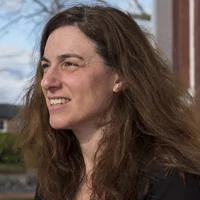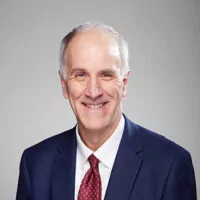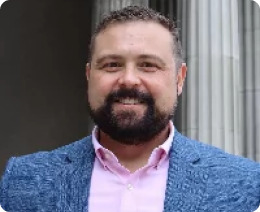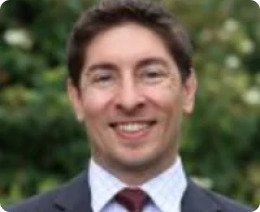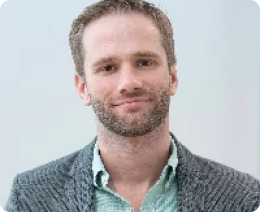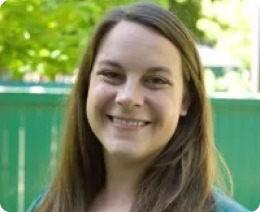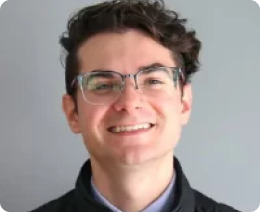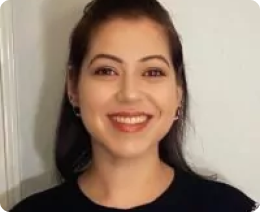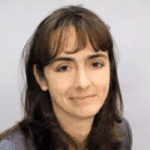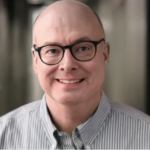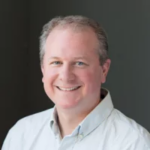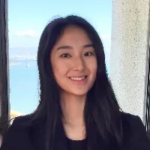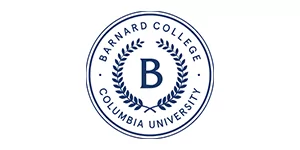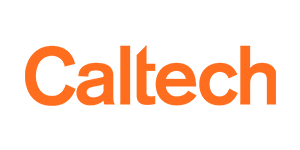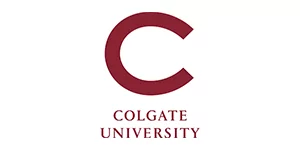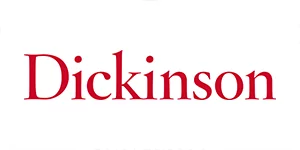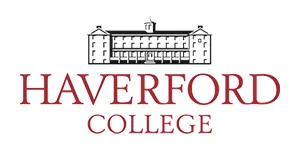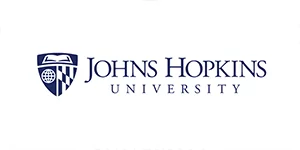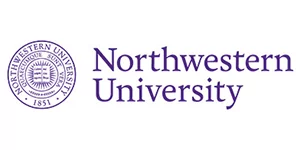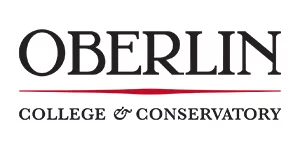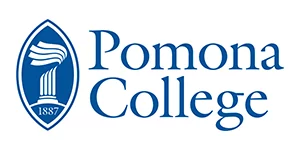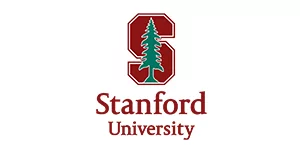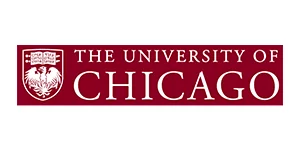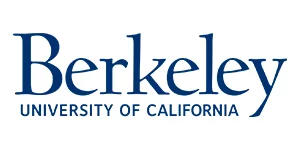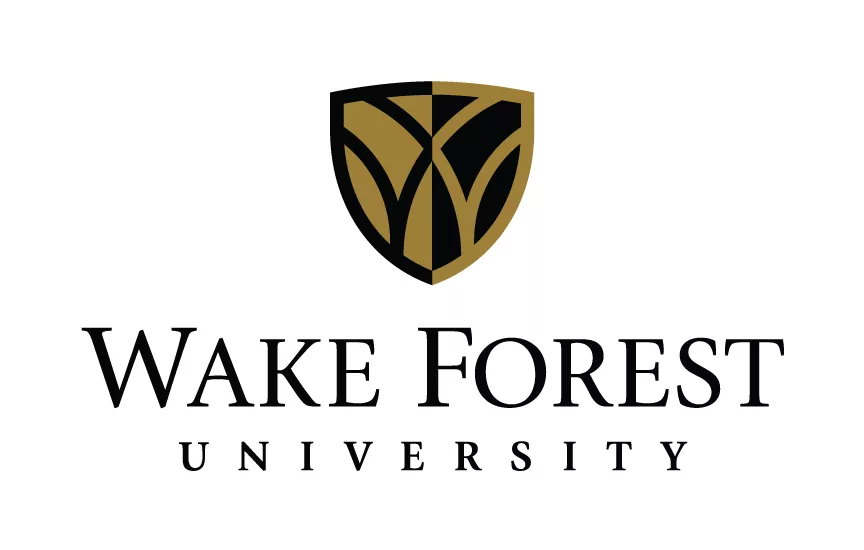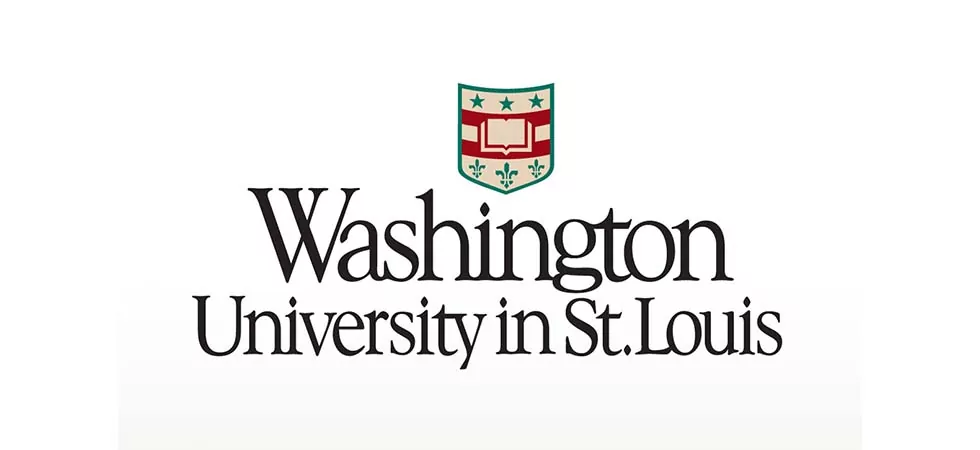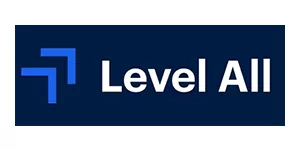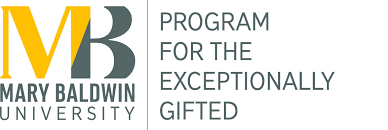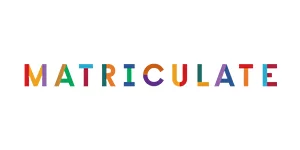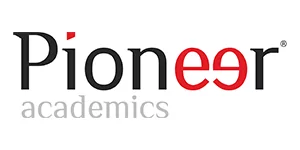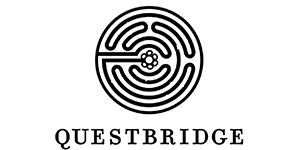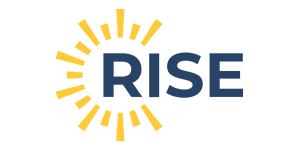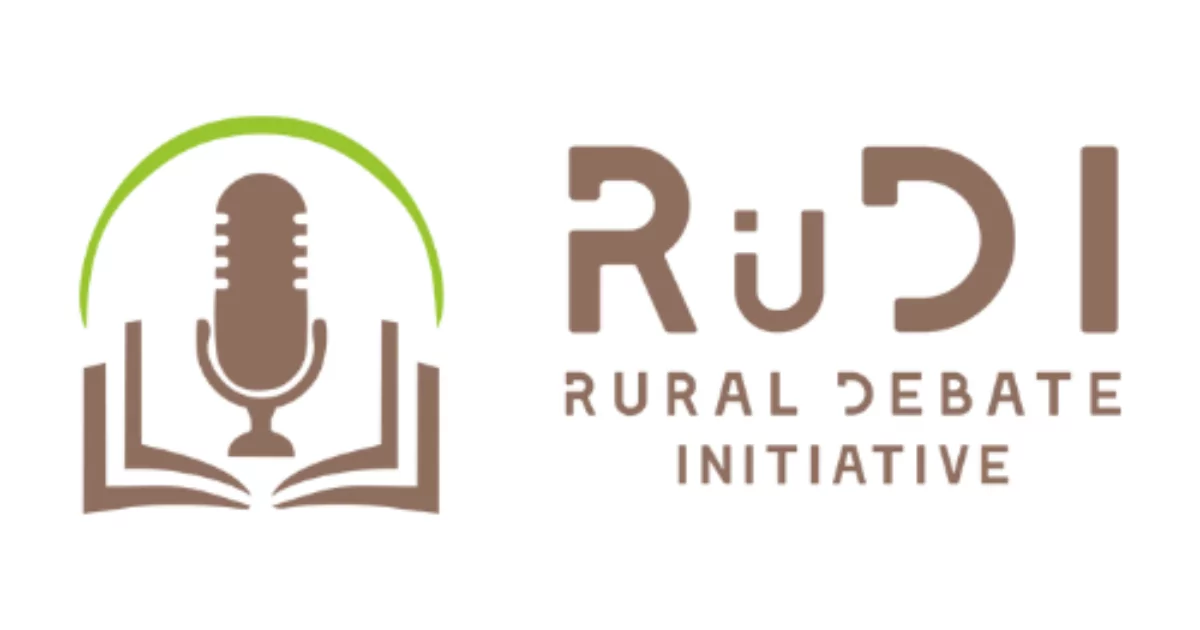About Pioneer Co-Curricular Summit
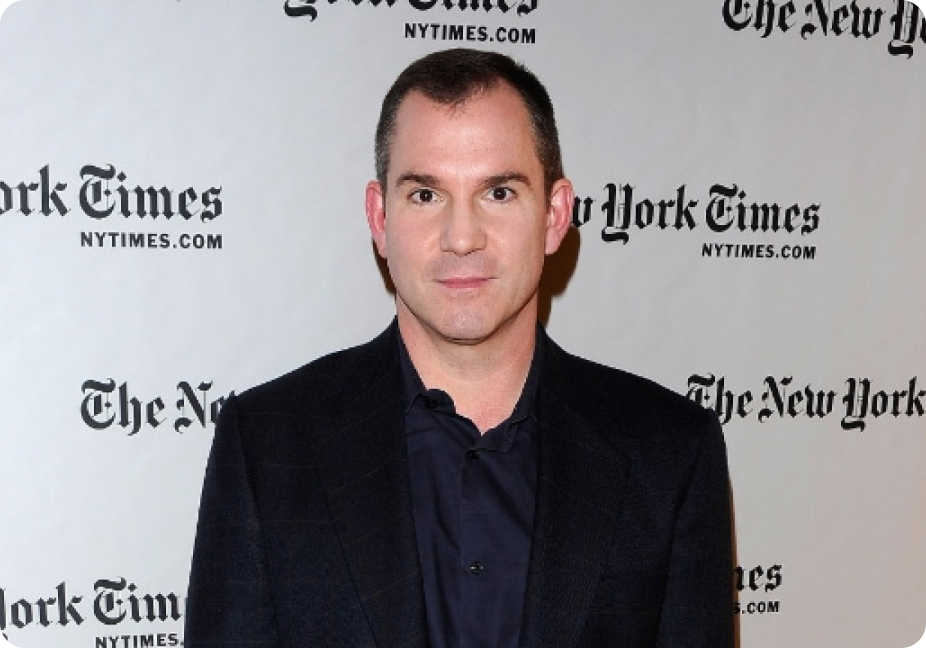
Contributing Opinion Writer for the New York Times. Bestselling Author, of The Beauty of Dusk and a Professor of Journalism and Public Policy, at Duke University
Frank Bruni is a renowned journalist, author, and professor who has worked for The New York Times for 25 years. In June 2021, he joined the faculty of Duke University, where he teaches journalism and public policy. He is also the author of several other books, including Where You Go Is Not Who You’ll Be, about the college admissions frenzy.
Esteemed Speakers
Watch Recordings
Access original recordings of each seminar of the Summit below. Each session is 30 minutes long. There are highlight summaries for you to capture the essential takeaway in 5 minutes of reading.
(Please note that the seminars and Q&As at Program Fair and College Fair are not recorded.)
-
Keynote – Authenticity vs. Anxiety: The Connection Between Self and Success
-
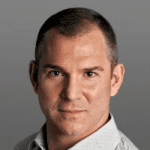 Mr. Frank Bruni Renowned Journalist, Author, and Professor
Mr. Frank Bruni Renowned Journalist, Author, and Professor
-
-
Back to the Future: the Reflection of Education History and the Forecast of the Future Suggest How Teens Are to be Prepared for the Unknown
-
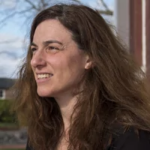 Dr. Sascha L. Goluboff Director of the Office of Community-Based Learning Professor of Cultural Anthropology Washington & Lee University
Dr. Sascha L. Goluboff Director of the Office of Community-Based Learning Professor of Cultural Anthropology Washington & Lee University
-
-
How to Pick Academic Opportunities
-
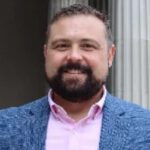 Adam Sapp Assistant Vice President Director of Admissions Pomona College
Adam Sapp Assistant Vice President Director of Admissions Pomona College -
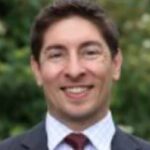 Chris LaTempa Director of College Counseling Moorestown Friends School
Chris LaTempa Director of College Counseling Moorestown Friends School -
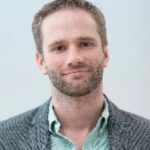 Gregory Manne Senior Manager, Selection and Global Outreach RISE
Gregory Manne Senior Manager, Selection and Global Outreach RISE
-
-
Rural Student Resources and Recruitmentm
-
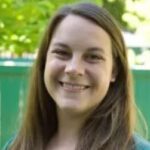 Marjorie Betley Senior Associate Director of Admissions Executive Director of the STARS College Network The University of Chicago
Marjorie Betley Senior Associate Director of Admissions Executive Director of the STARS College Network The University of Chicago -
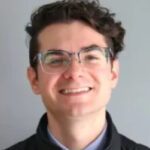 Drew Goodwin Senior Assistant Director Of Admissions Colby College
Drew Goodwin Senior Assistant Director Of Admissions Colby College -
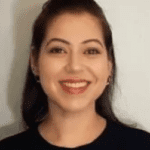 Melissa Rodriguez Admissions Counselor California Institute of Technology
Melissa Rodriguez Admissions Counselor California Institute of Technology
-

